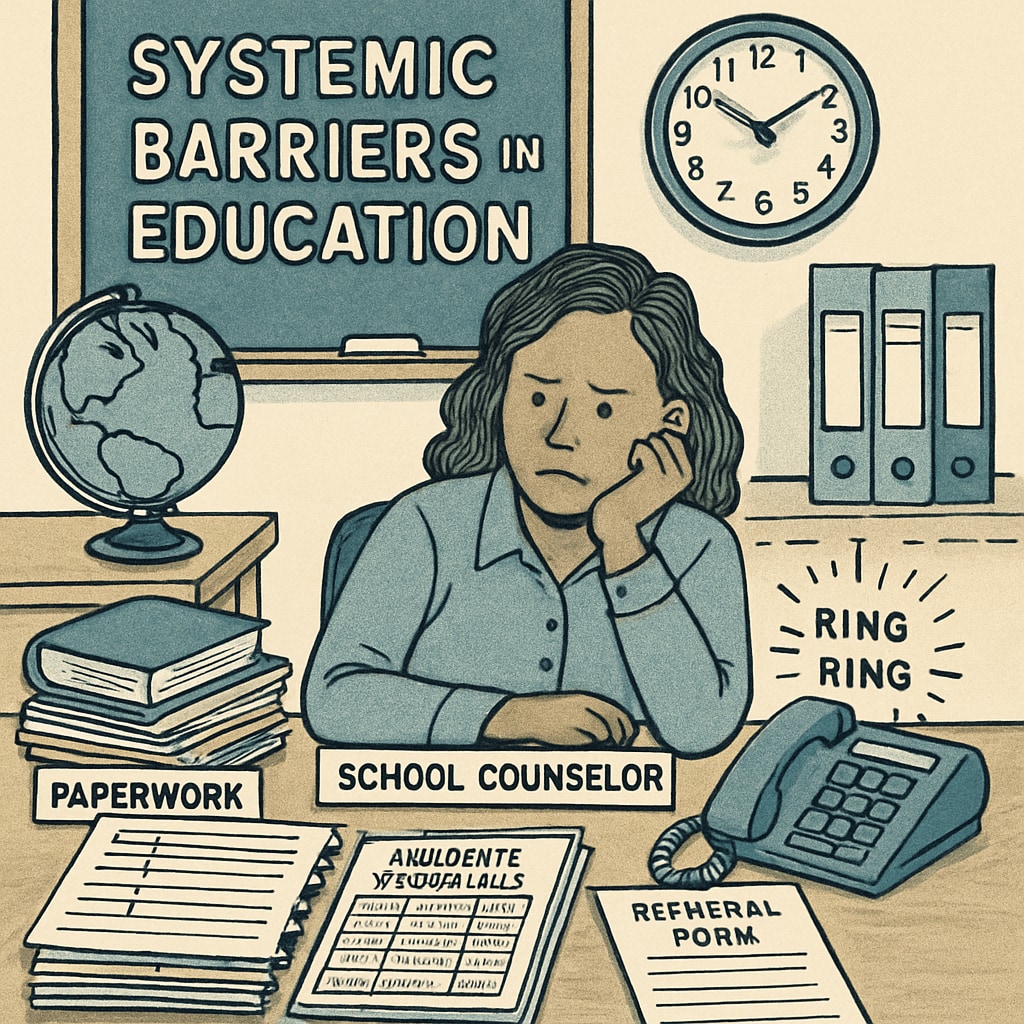Graduate students often encounter significant hurdles when attempting to connect with school counselors for interviews as part of their academic research assignments. These challenges not only hinder their ability to complete their tasks but also highlight deeper issues within the educational system that impede collaboration between researchers and frontline educators. In this article, we will examine the obstacles faced by graduate students, explore the systemic barriers within education, and propose actionable solutions to strengthen the connection between academic research and real-world educational practice.
Why Finding School Counselors for Interviews is a Challenge
One of the primary difficulties graduate students face when conducting research on school counseling is gaining access to interview subjects. School counselors, often burdened with heavy workloads, may have limited availability for interviews. Additionally, many institutions enforce strict policies regarding external research participation, creating barriers that prevent students from reaching out to counselors directly. Administrative bottlenecks and concerns over privacy further complicate the process, leaving researchers struggling to find willing participants.

The Systemic Barriers in Education
These challenges are rooted in several systemic issues within the education sector. First, there is a lack of clear communication channels between academic institutions and schools, leading to confusion about how and when research requests should be handled. Second, schools often prioritize operational and student-related tasks over external research initiatives, which limits their willingness to engage with researchers. Finally, there is a noticeable gap between academia and practice; graduate students may lack the practical understanding of how to approach educational professionals sensitively and effectively.
For example, according to Britannica, the growing administrative demands placed on schools over the years have led to a structural disconnect between academic research and day-to-day educational operations. This disconnect prevents researchers from accessing valuable insights that could improve both academic theories and practical education methodologies.

Building Bridges: Solutions to Connect Graduate Students and School Counselors
To address these challenges, both academic institutions and schools must work collaboratively to create practical solutions. Below are some recommendations to foster better connections:
- Establishing Research Partnerships: Universities and schools could form long-term partnerships to streamline research requests. Counselors would be more willing to participate if they understood the long-term benefits of the study and its relevance to their work.
- Creating Access Policies: Schools should develop clear guidelines for external research participation. These policies should outline how researchers can contact counselors, what permissions are required, and how confidentiality will be protected.
- Time Management Support: Schools can allocate specific time slots for counselors to engage in research interviews, ensuring that these activities do not interfere with their core responsibilities.
- Training Graduate Students: Universities should offer workshops that prepare students to approach school counselors professionally, respecting their time and concerns while clearly articulating the value of their research.
By implementing these strategies, institutions can create a more supportive environment that benefits both researchers and educators. Academic research would gain valuable insights from frontline professionals, while school counselors could contribute to knowledge that enhances their own practices.
Conclusion: Bridging the Gap Between Academia and Practice
The challenges faced by graduate students in connecting with school counselors for research interviews highlight a larger systemic issue within education. However, these obstacles can be overcome through collaborative efforts between schools and academic institutions. By establishing clear communication, creating supportive policies, and providing training to researchers, we can build stronger bridges between academia and practice, ensuring that both parties benefit from meaningful exchanges of knowledge.
As a result, educational research becomes more impactful, empowering researchers and educators alike to contribute to the advancement of learning and student success. This collaborative approach not only benefits graduate students but also strengthens the overall education system.


